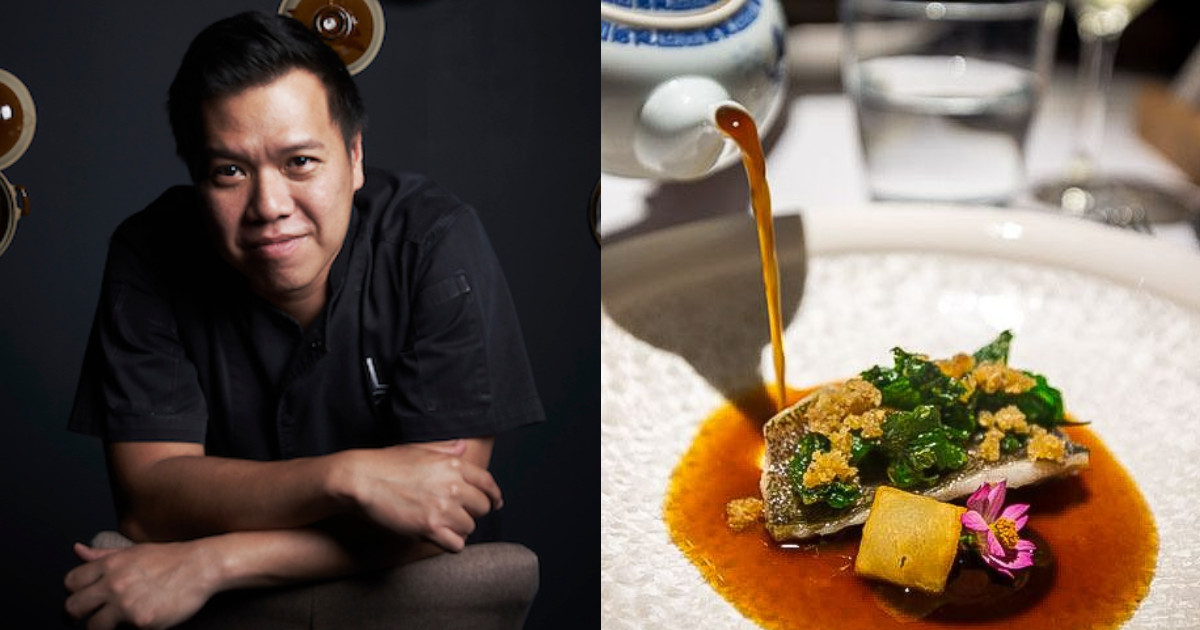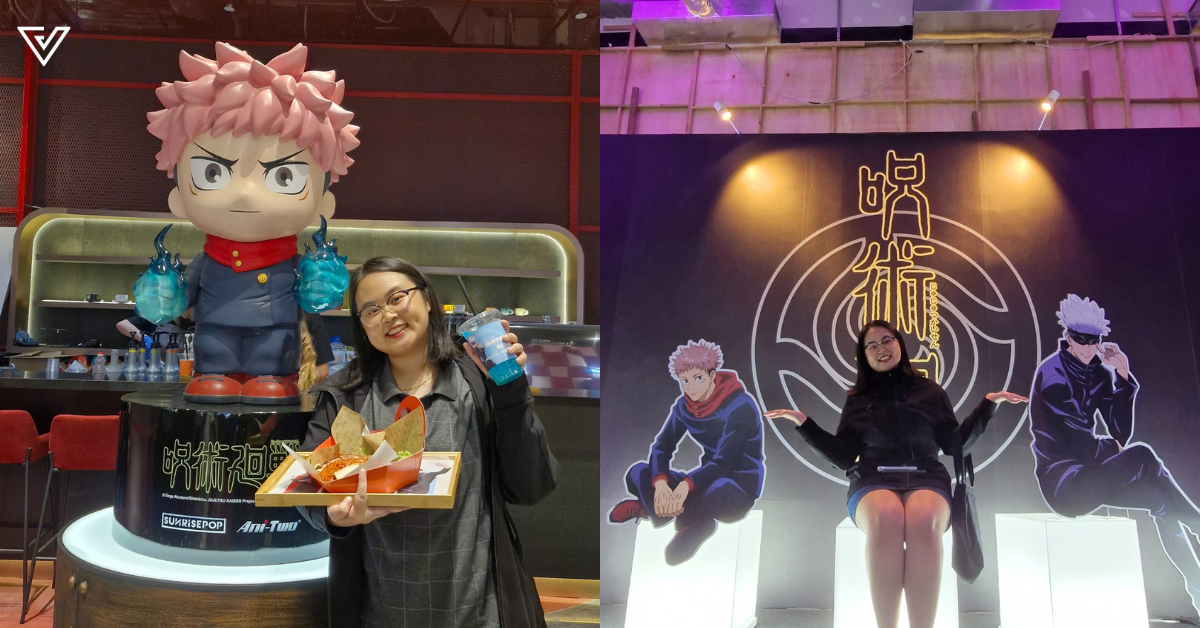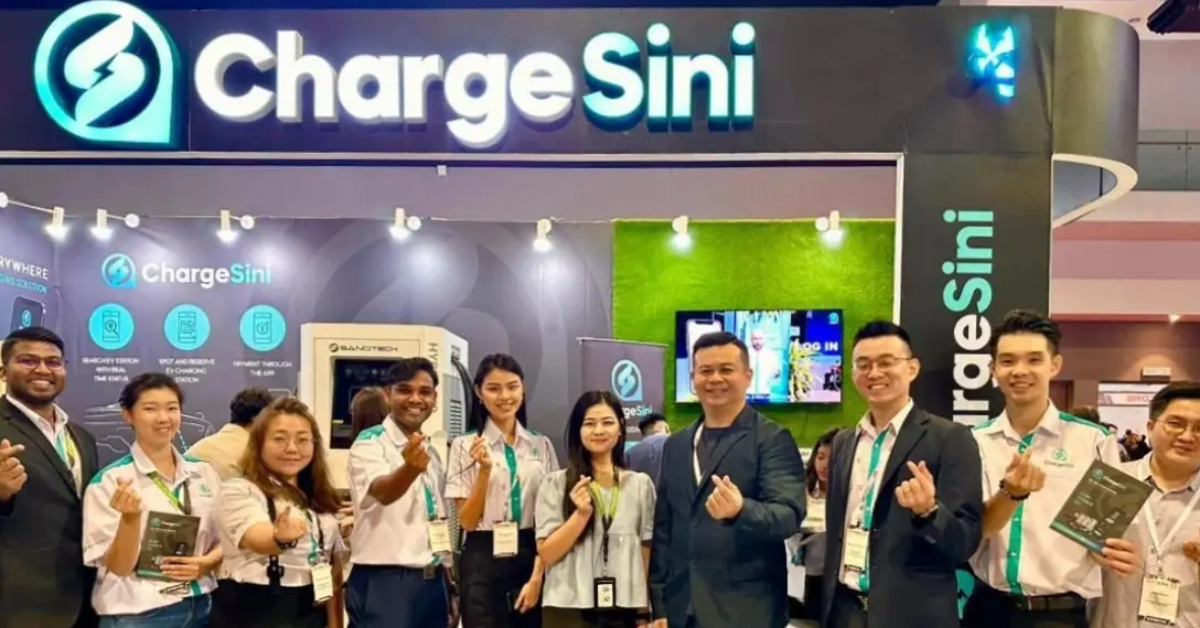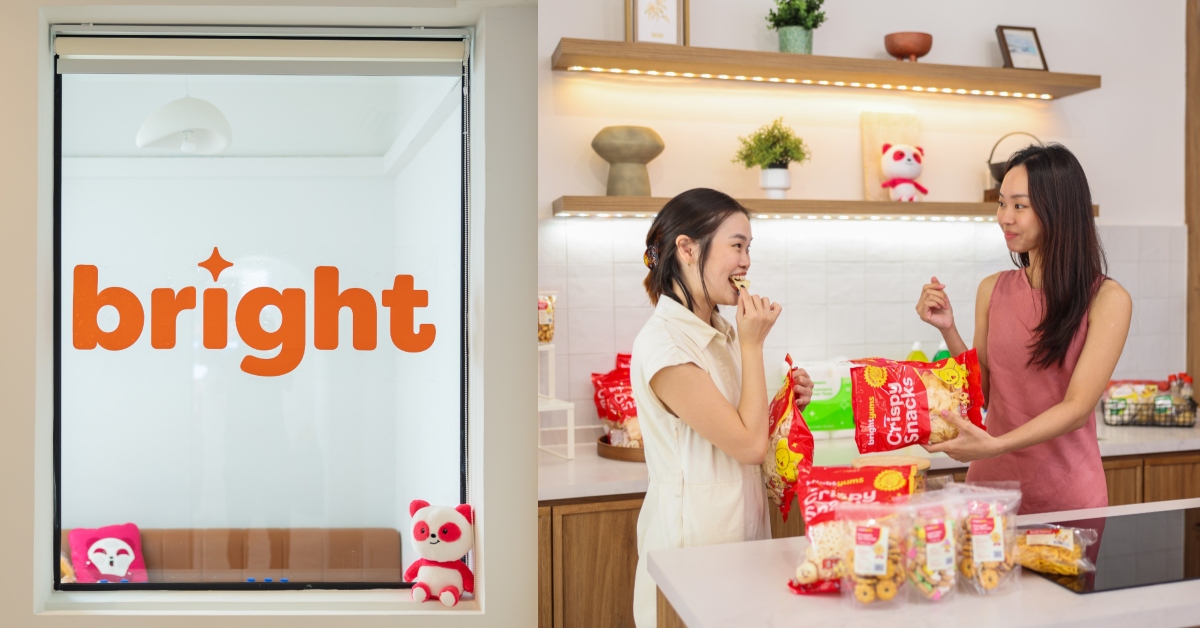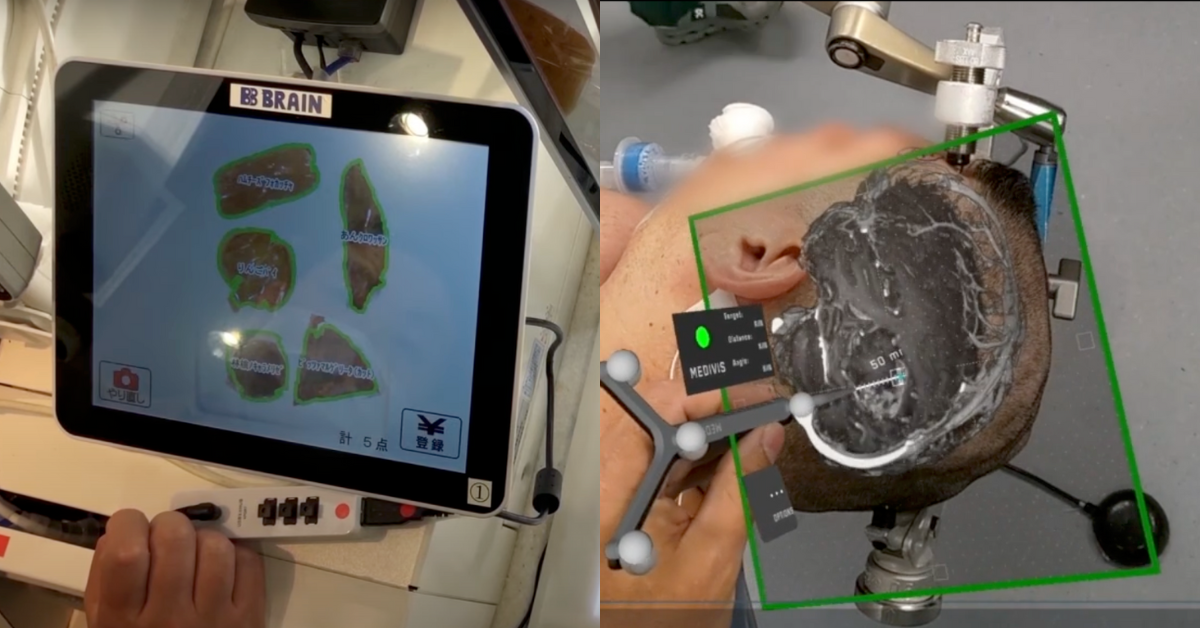Ex-banker LG Han hustled hard to launch his own business.
With no formal training in the culinary arts, the local chef has launched one of Singapore’s most iconic restaurants.
Founded in 2014, Labyrinth is an outlet for “self-expression” that pays homage to a life growing up among Singapore’s verdant food culture.
The award-winning, three-time Michelin-starred restaurant is lauded as one of the top restaurants in Singapore, if not the world.
The restaurant also has a sister gastro-bar concept named Miss Vanta that was due to launch earlier this year, though its opening was delayed by the Covid-19 pandemic.
Labyrinth’s menu currently boasts unique twists on Singaporean fare which includes “Bak Chor Mee, No Bak Chor, No Mee,” made from Hokkaido scallop and Jurong fishery squid; to “Ah Hua Kelong Garoupa”, made from homemade fish paste noodles and fish milk.
From Banker To Chef
Cooking was never something LG Han expected to do professionally.
The ex-banker graduated from the London School of Economics (LSE) with an Honours in Finance and Accounting in 2009, and pursued a lucrative career in Goldman Sachs and Citibank simply to fulfil “family expectations”.

However, hospitality and F&B had always been in his blood. LG Han’s grandfather ran a steak house on Cairnhill in Orchard Road, and his father worked in the corporate hotel industry for most of his life.
One of his biggest influences was his grandmother, who was a fantastic cook and has a dish dedicated to her on Labyrinth’s menu: “Ang Moh Chicken Rice”.
When he was a student in London, cooking became a form of therapy for him — a passion which would carry over well into his career in the financial sector.
By the early 2010s, LG Han began apprenticing at Garibaldi, an Italian restaurant and bar. After a mind-numbing work week, his weekends were dedicated to the kitchen: cleaning floors, fridges and doing prep work.
It was a tough transition from home cooking.
“Passion isn’t enough to be a chef,” says LG Han. “You need to enjoy the pro cooking environment, which can be mentally and physically gruelling.”
“(But) I liked the camaraderie, energy and adrenaline at the fine dining level, working with high-quality ingredients and highly-skilled chefs.”
Labyrinth: A Platform For Self-Expression
By 2012, LG Han quit his full-time job to pursue becoming a professional chef full-time.

It was a “nomadic journey”. To get his feet off the ground, LG Han pulled out all stops: apprenticing at events organising private catering, even working for corporates.
He also attended cooking school for six months.
The ex-banker also helped to launch Tanuki Raw, a bar and restaurant serving modern Japanese cuisine.
Relying on the experience he gained, LG Han began devising a plan for his own business.
The plan didn’t go without hiccups. Originally, Labyrinth was meant to operate under a ‘dining in the dark’ concept to raise awareness for the visually handicapped, but his investors got cold feet.
LG Han decided to move forward with a regular restaurant instead using the menu he had already developed.
Bringing Singaporean Fare Back To Its Traditional Roots
Labyrinth is best-known for its “Mod-Sin” concept, clinching a Michelin star in 2017 and 2018 for its modern twist on Singaporean fare.

However, the restaurant pivoted away from the food science concept in 2018 and refocused on recreating traditional Singaporean cuisine. The gamble paid off, winning Labyrinth another Michelin star in 2019.
“We wanted to define Singaporean cuisine in a more authentic manner,” LG Han explains.
“Singaporean cuisine is always relevant to a time and place — how do you preserve and truly represent it? That’s more exciting than molecular gastronomy.”
To date, 70 to 80 per cent of the menu at Labyrinth relies on produce sourced from local farms like Ah Hua Kelong, Edible Garden City and Crab Lovers Farm.
According to LG Han, locally sourced produce is truer to the ingredients used in original recipes, and carry their own unique flavours. This includes produce like green-lipped mussels, native plants like ulam rajah and the wandering jew, as well as locally sourced cow and goat milk.
Labyrinth also uses traditional cooking methods like slow cooking, infusions and layering paired with modern technology to achieve authentic flavours.
“Kaya is not meant to be clumpy, or it will have an artificial taste. This means that it has been overly curdled, but (most kaya people eat is made from) ingredients thrown into a bowl (thoughtlessly),” he elaborates.
“Proper kaya should be smooth yet textured, using coconut, eggs, sugar and natural pandan. You need to steam it gently on the stove for three to four hours. (We make it ourselves at Labyrinth) with a secret step that no one uses anymore.”
The restaurant also makes its own prata dough from scratch and uses fresh oysters for its in-house oyster sauce.
It relies on a vast peer-to-peer network to uncover forgotten Singaporean recipes and techniques, LG Han remarks, including everything from shadowing hawkers to learning from home cooks.
Taking Singaporean Cuisine Worldwide
Since launching Labyrinth more than six years ago, LG Han has honed his culinary skills travelling around the world, collaborating with top chefs from countries like Taiwan, Japan, Thailand and Hong Kong.
“It’s all about the ability to learn,” he notes.
“There’s knowledge you’ll never get access to as a normal foodie. (Within the chef community), we’re proud and happy to teach others — you can just pick up a phone and call someone.”
Labyrinth is now at the peak of its game. The next step for LG Han is to find a way to spread Singaporean cuisine overseas.
“I’m working towards it (but) I don’t know the answer to that yet,” he admits.
“How do we make Singaporean cuisine great? How do we work together for our tiny country? How do we act as ambassadors to bring traditional and unique Singaporean flavours abroad?”
Regardless, there will only ever be one Labyrinth, asserts LG Han.
“I knew I would never drive a Ferrari out of this business. Maybe a motorbike — or bicycle,” says LG Han, laughing. “It’s not a goldmine.”
Featured Image Credit: City Nomads / Seth Lui
